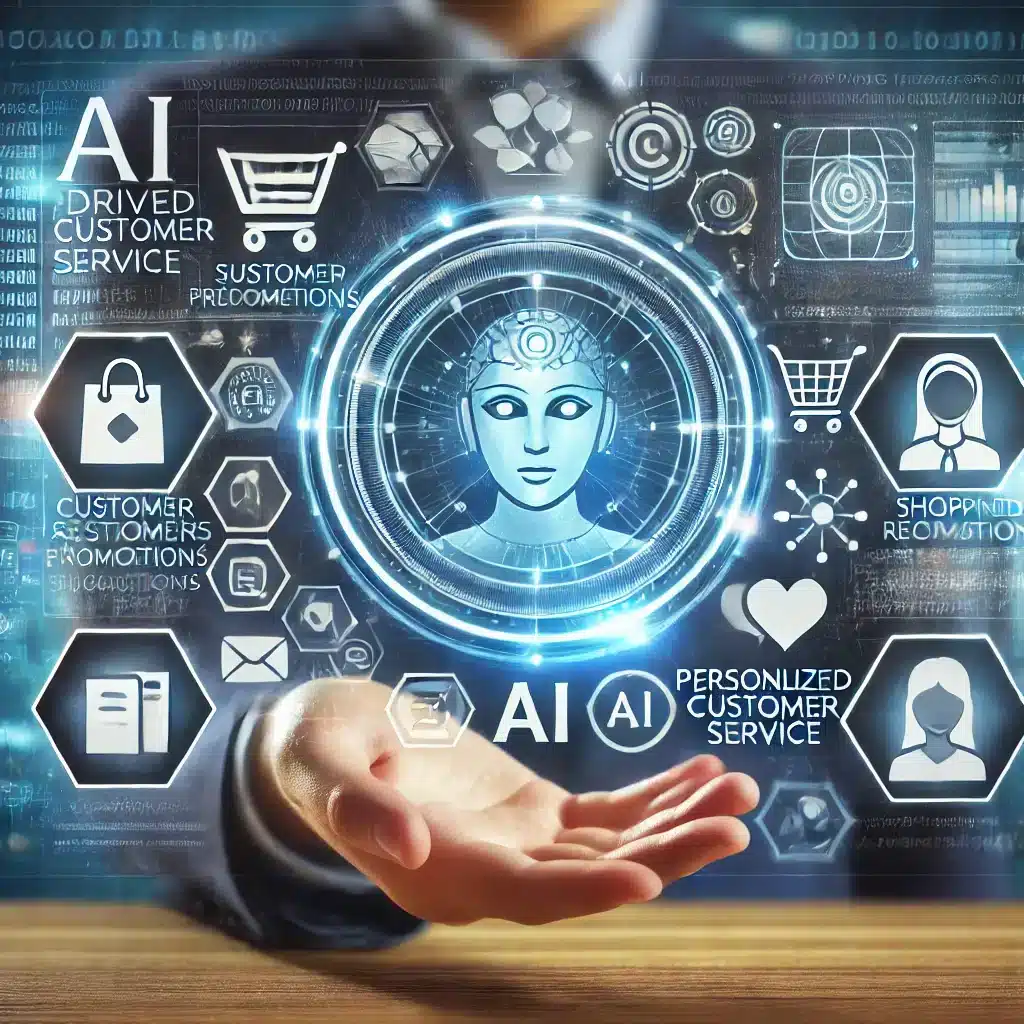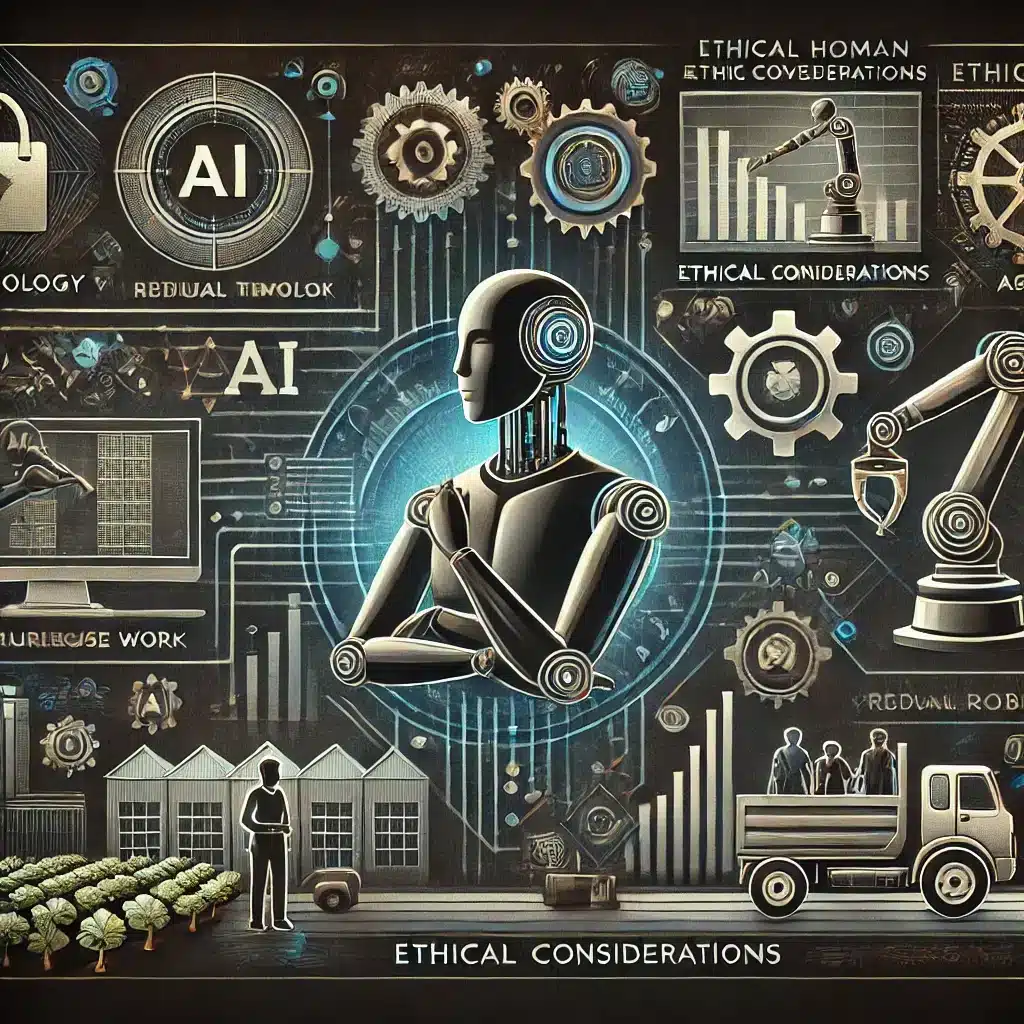Understanding the Impact of AI on Customer Experience
The role of artificial intelligence (AI) in enhancing customer experience is becoming more significant. As companies strive to meet ever-evolving customer expectations, AI stands out as a game-changer. It helps to streamline operations and deliver personalized experiences.
AI in Managing Product Shortages
Product shortages can significantly impact customer emotions. For instance, Nvidia’s CEO, Jensen Huang, noted that heightened demand for AI chips has put immense pressure on suppliers. Consequently, delays in delivery can lead to tension and emotional responses from customers. This highlights the need for effective AI-driven inventory management systems.
Furthermore, with the increasing need for advanced AI models, the demand for graphics processing units (GPUs) has surged. As a result, companies must find ways to manage this demand without causing distress among their customers. Nvidia’s situation illustrates the importance of balancing supply and demand to maintain a positive customer experience.
AI in Personalized User Guidance
On the other hand, integrating AI into digital adoption platforms (DAPs) can vastly improve customer interactions. According to AI Business, AI-powered DAPs offer personalized, contextual guidance. This is tailored to each user’s unique needs, preferences, and usage patterns.
This personalized approach eliminates confusion, enhances productivity, and ensures a more satisfying user experience. Moreover, AI-driven DAPs adapt in real-time, providing just-in-time support. By doing so, they address users’ challenges promptly, thereby reducing frustration.
The Benefits of AI in Customer Experience
Additionally, AI-driven user guidance offers various benefits. For example, it can significantly reduce support costs and improve employee satisfaction. Organizations that implement AI-driven solutions can expect increased productivity and faster time to proficiency for new hires.
In summary, integrating AI into customer service and user guidance systems offers a competitive advantage. Hence, it allows companies to unlock the full potential of their software investments. As a result, AI enhances the overall customer experience, making it more efficient and satisfying.
Future Trends and Best Practices
As we look to the future, it’s evident that AI-driven user guidance will shape productive and efficient digital workplaces. Therefore, businesses must prioritize seamless integration of AI technologies. This involves comprehensive assessments of current software usage and robust analytics to understand user pain points.
Implementing AI-driven solutions requires careful planning and execution. It’s crucial to involve end-users in the process and choose flexible, application-agnostic DAP solutions. These should integrate seamlessly with existing software, ensuring data privacy and security.
Ultimately, the time has come for organizations to move beyond one-size-fits-all software experiences. By embracing AI-driven personalization, they can cultivate a workforce equipped to thrive in the digital age.
In conclusion, AI plays a pivotal role in enhancing customer experience. From managing product shortages to offering personalized user guidance, the benefits are clear. Organizations that leverage AI’s potential can look forward to a more productive and satisfying digital future.



